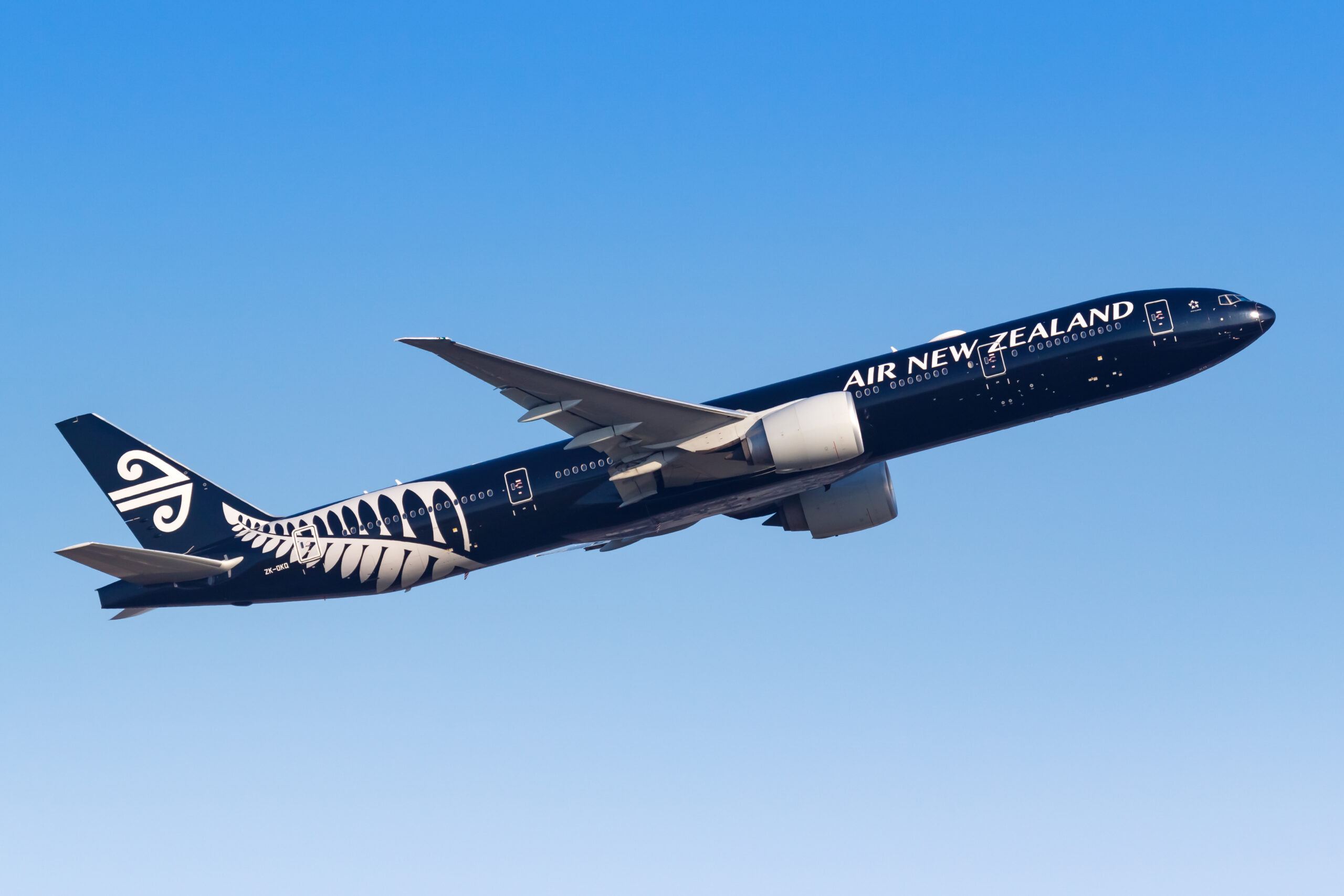Air New Zealand first major carrier to withdraw from 2030 carbon intensity target

Air New Zealand has become the first major airline to withdraw from its 2030 carbon intensity reduction target, citing external factors (including potential delivery delays of its new aircraft) as significant obstacles to the target’s achievability.
As such, Air New Zealand is removing its 2030 science-based carbon intensity reduction target and will withdraw from the Science Based Targets initiative (SBTi), confirmed the airline in a statement; adding that “work has begun to consider a new near-term carbon emissions reduction target that could better reflect the challenges relating to aircraft and alternative jet fuel availability within the industry”.
“It is possible the airline may need to retain its existing fleet for longer than planned due to global manufacturing and supply chain issues that could potentially slow the introduction of newer, more fuel-efficient aircraft into the fleet,” explained Air New Zealand CEO Greg Foran, who added that “so many levers needed to meet the target are outside our control”.
Air New Zealand chair Dame Therese Walsh added that the airline remains committed to achieving its 2050 net zero target. “Our work to transition away from fossil fuels continues, as does our advocacy for the global and domestic regulatory and policy settings that will help facilitate Air New Zealand… do its part to mitigate climate change risks,” she concluded.
















